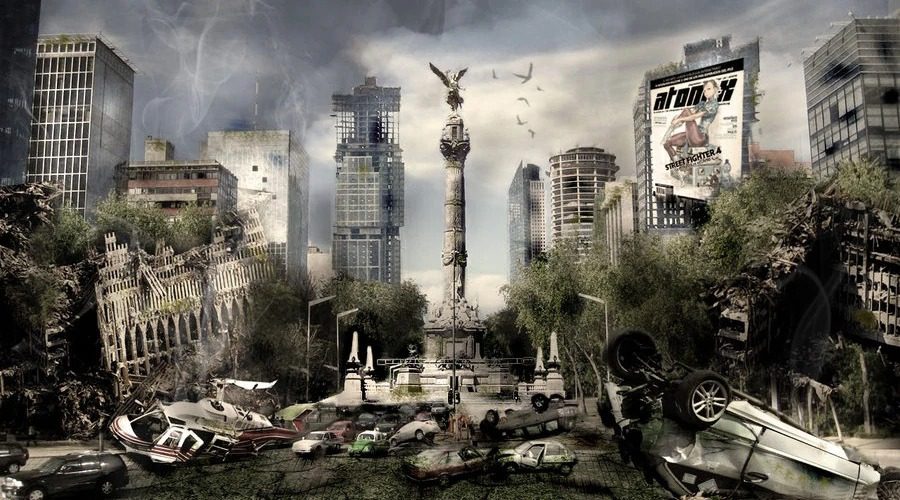Let me start this article with the most overused morality tale that has become creepily personal.
Ashoka, the barbarous and feared Mauryan ruler, sported a disgusted look on his face as he gazed at the maimed bodies of soldiers who had been slaughtered under the pretence of territorial expansion. It was his brainchild, the conquest of Kalinga, fuelled by pure greed, that proved to be a vital catalyst in his realisation of the frivolity of war.
He had won, but only at the cost of selling his soul to the devil.
For once, his emotional side spoke to his tough exterior, leading to a change in his behavior which ran along the lines of Buddhist ideals. He led a principled life, dedicated to serving his community that he, for a long time, had used as a means to attain materialistic pleasures.
He even made rock edicts in an attempt to enlighten his successors about the futility of war, so that they could live a similar life as he did, with the same ideals.
In case the painfully obvious metaphor has not yet hit you, let me bore you with redundant exposition.
We, like Ashoka, used nature as nothing more than a means to reach the epitome of humanly possible progress. We let the fire of progress burn brighter, ignoring the ashes that pile up threateningly. Despite alarming statistics and whistleblowers, we dismissed their reports as dystopian fiction, and continued to work blindly with an anthropocentric outlook.
In the most grimly poetic way, nature slammed its doors right on our faces, which were staring at the doors with lustful eyes ever-hungry for progress. The pandemic was a period not only of rampant chaos and deaths, but also of deep reflection. We questioned our ideals, the very principles we swore by and followed with unwavering loyalty. Nature, and the oddballs it threw at us, made the physical change of progress into a more personal one.
Did we come out smarter, like Ashoka, by devoting ourselves to a life of ecocentrism and restoring nature’s long exploited reserves?
In the most unpoetic way, no. Nature couldn’t care less about having to serve an imaginary poetry of life. This is something that exists only in the depths of the minds of underpaid writers in newspaper columns.
Of course, if a year-end article serves the sole purpose of uplifting you, gearing you up for a bright new year with endless possibilities, let me lie to you by saying that we are taking conscious efforts to do the needful, but for whose sake?
Yes, for our sake. Just so that we can save ourselves from nature’s wrath, and not for the sake of protecting it.
Nature served as nothing but a gigantic mirror that showed us our own intentions. The destruction we caused to nature and its subsequent retaliation was nothing but a causal relationship with the objective of alarming us.
We might not have had a neat character arc like that of Ashoka, coming out as sensitive and enlightened individuals, devoid of any greedy pursuits, but we have come to terms with our own frailties.
We have made peace with the fact that in the pursuit of being picture flawless, our frailties will exist and thrive, making their existence prominent in the most significant decisions of our lives.
We are obligated to live with them and fight them to the best of our capabilities, and in that, lies our victory.
Writer : Siddhaanth Samant – Grade 11
Editor : Manan Varma – Grade 12


